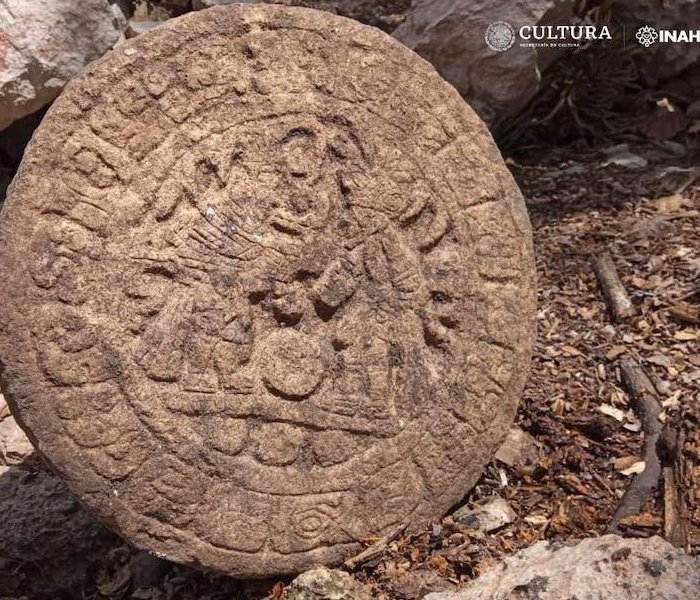Archaeologists Discover Ancient Mayan Board Game - Here's What It Can Teach Modern Educators
AncientPages.com | May 19, 2023
AncientPages.com - Games have been played for thousands of years in cultures across the world.
There's the chequerboard game Senet, played in Egypt around BCE 3100. The African cup board game Mancala has been played since BCE 1400. Chess originated in India over 1,500 years ago. And the strategic game Go began in China 2,500 years ago.

Archaeologists Discover Ancient Mayan Board Game – Here’s What It Can Teach Modern Educators
AncientPages.com | May 19, 2023 | Featured Stories
Share via FacebookShare via TwitterShare via PinterestShare via RedditShare via Email
AncientPages.com - Games have been played for thousands of years in cultures across the world.
There's the chequerboard game Senet, played in Egypt around BCE 3100. The African cup board game Mancala has been played since BCE 1400. Chess originated in India over 1,500 years ago. And the strategic game Go began in China 2,500 years ago.
Archaeologists Discover Ancient Mayan Board Game - Here's What It Can Teach Modern Educators
The ball game marker discovered in Chichén Itzá. Credit: INAH
The Mayan civilization—which flourished in central America from BCE 2000 to 1500 AD—had several popular games. These games were thought to have the supernatural power to predict war. They include a cross-shaped board game called Patolli and a ball game called Pok-a-Tok.
Recently, a stone scoreboard was found by archaeologists in Chichén Itzá, Mexico's Yucatán peninsula. The Mayan people appeared to have used it to play a ritualistic game with a heavy ball.
This game held significant cultural and religious importance for the Mayan civilization. More than a simple recreational activity, it reflected the deep-rooted beliefs and values of the Mayan people. For Mayans, games provided a platform for the expression of physical abilities, the establishment of social order and the connection between the mortal and the divine.
The game discovered in Chichén Itzá symbolizes the delicate balance between light and darkness, embodying a cosmic struggle. Like other Mayan games, it was believed to influence the fate of harvests, the climate, communities and individuals.
In Mayan culture, winning a game like this was seen as a sign of divine favor. They believed that victorious people or teams had been chosen by the gods. Those who consistently lost were sometimes offered as sacrifices to the deities. Mayan games were not solely intended for entertainment, but served as ways to connect with the divine.
More:
https://www.ancientpages.com/2023/05/19/ancient-mayan-board-game/
